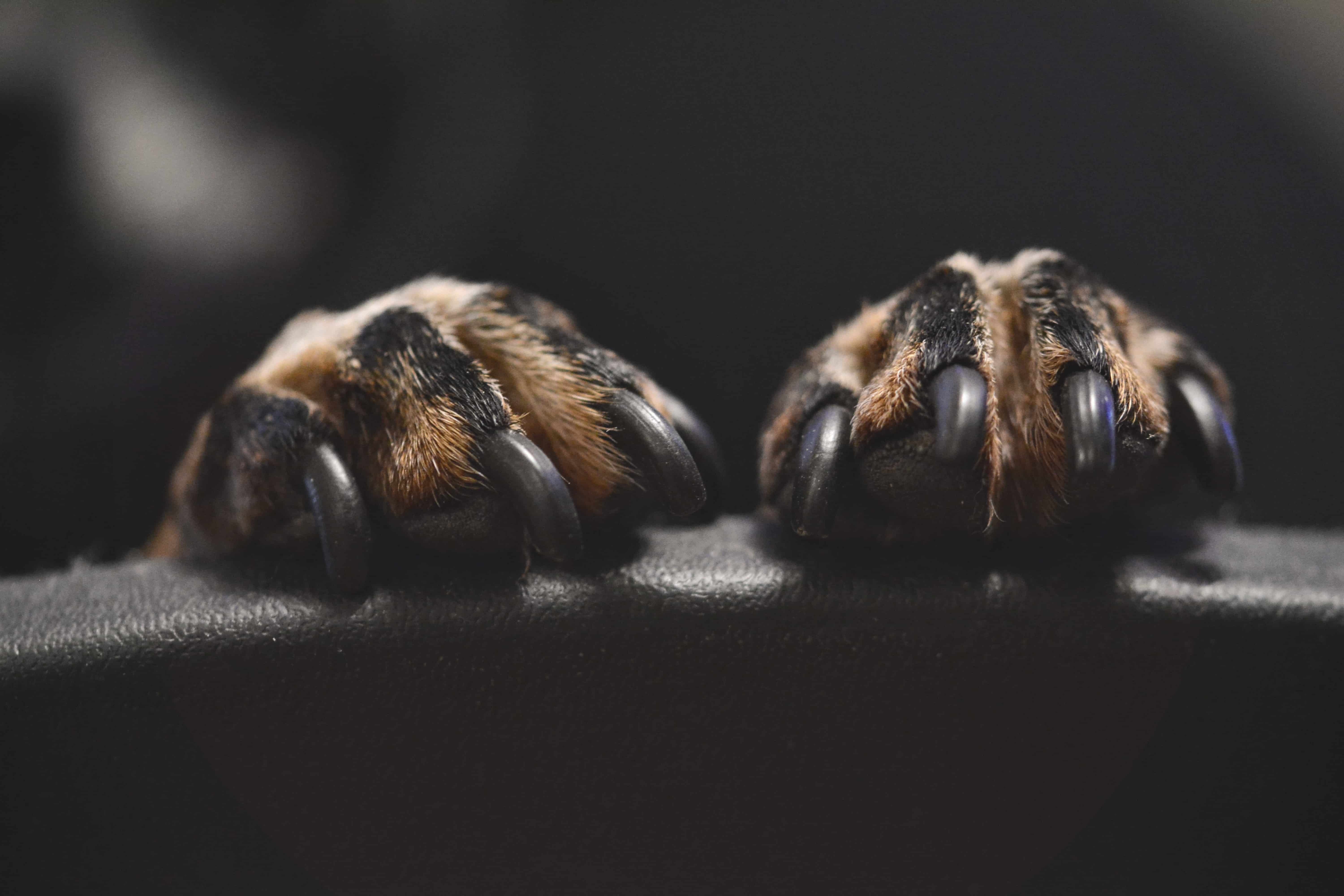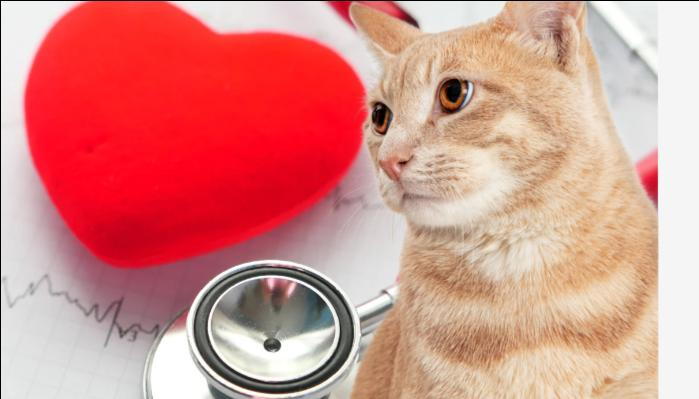


The heart is a four chambered muscular pump. There are two right and two left chambers. The top upper right chamber, called the atrium, receives oxygen depleted blood from the body through two major veins, sends it to the lower right chamber, called the right ventricle, and out to the lungs. Here the blood is replenished with oxygen, sent back to the heart's left upper chamber, called the left atrium, down to the left lower chamber, called the left ventricle, and out to the body, through blood vessels called arteries. When the heart is significantly diseased, its pumping and delivery power are compromised and clinical symptoms develop; but if the changes in the heart are minimal there may not be any outward signs.
Cats can develop heart disease, which commonly presents itself in one of several forms of heart muscle disease or cardiomyopathies. These are: hypertrophic cardiomyopathy (or HCM), restrictive cardiomyopathy (or RCM), unclassified cardiomyopathy (of UCM), and dilated cardiomyopathy (or DCM). HCM is the most common.
Signs of heart disease in the cat
Diagnosing and monitoring heart disease in the cat:
Managing heart disease and heart failure in the cat:
Treatment of feline heart disease varies depending on the type of cardiomyopathy and the clinical problems that develop, therefore your veterinarian may prescribe one or more of medications in order to control the heart rate or abnormal heart beats, manage abnormal blood pressure, make it easier for the heart to pump blood to the body organs, prevent blood clots, help the heart muscle pump more effectively, and relieve any fluid buildup in areas outside of the blood vessels. Any cat with compromised heart function should be keep indoors.
Prognosis of cats with heart disease
Asymptomatic cats with diagnosed HCM should undergo regular monitoring, either annually or more frequently if recommended by the veterinarian. Those cats with symptoms due to cardiomyopathy are at risk of developing heart failure and be monitored more frequently. Once signs of heart failure develop the survival time is usually a few months to 1 ½ years.
AT DR 4 PETS we believe an informed pet parent is more empowered to access preventive care and early detection of disease conditions, thereby improving the quality-of-life of their precious fur baby. We encourage regular check ups with your veterinary professional. If however, father time or ill health brings your pet to the end-of-life, we want to be there to help. We provide dignified and compassionate in-home euthanasia to the feline and canine population of Ventura, Camarillo, Thousand Oaks, Agoura, Moorpark, Simi Valley, Chatsworth, Porter Ranch, Calabasas, and neighboring communities. Give us a call at (805) 494-3339.